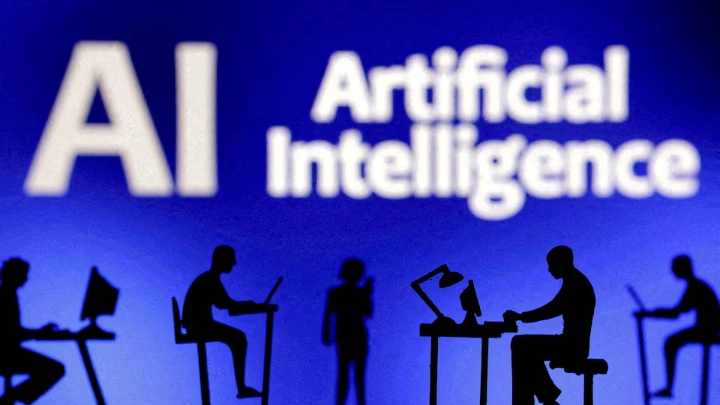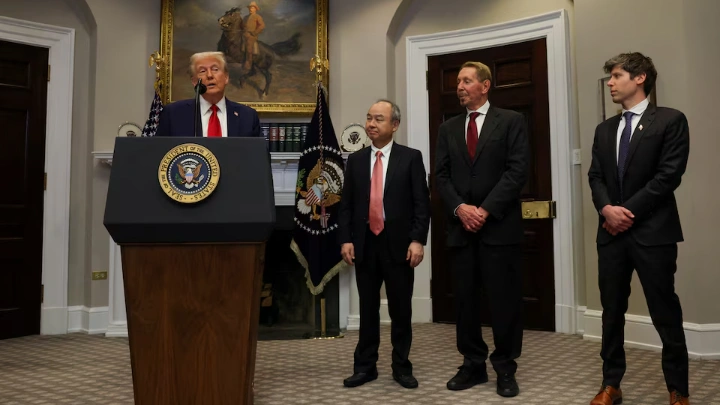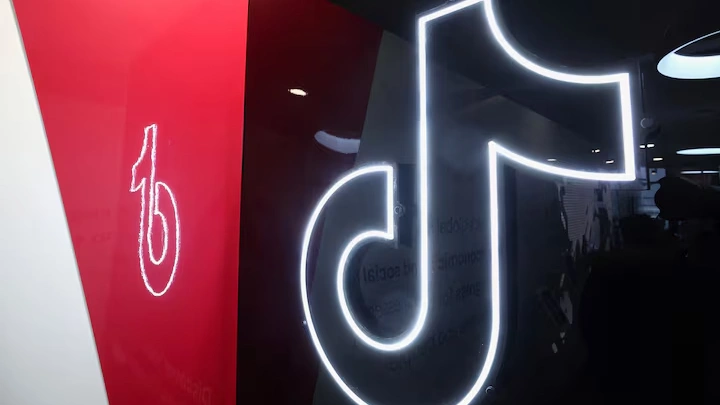US power, tech companies lament snags in meeting AI energy needs
Reuters || Shining BD
U.S. electrical systems are not expanding fast enough to meet rapidly growing power needs of technology like Generative AI, prompting data center businesses to sometimes bypass utilities, executives said at an energy conference this week.
Layers of regulations, citing and permitting processes, and frequent legal fights brought by environmental and community groups, have slowed new power projects from connecting to the grid, and posed a threat to profits by traditional power companies like regulated electric utilities.
"Regulation and permitting within the United States is abysmal," Brad Stansberry, who leads the financial management practice for the power and utility industry at services firm KPMG, said at the AI: Powering the New Energy Era summit in Washington on Wednesday.
The delays have led data center businesses to bypass utilities and strike deals directly with power generators or build their own supply.
Data center developer Aligned, which is one of the biggest companies of its kind with 2.5 gigawatts of capacity, is hastily pursuing power supplies after spending several years focusing on buying land for its operations.
"We always assumed there would be power, but obviously that assumption was woefully inaccurate, so now we're chasing where power is," said Phill Lawson-Shanks, Chief Innovation Officer at Aligned.
Among its considerations for electricity, Aligned is looking at using small modular reactors, or a type nuclear energy system that is currently in development in the United States, to power some of its projects, and is working with utilities on projects when possible, Lawson-Shanks said. "Where we can't, we will have to have them behind the meter," he added.
Power companies also lamented the constraints with meeting the electricity needs of companies supporting chatbots like ChatGPT, which requires about 10 times the energy as a Google search, and other forms of artificial intelligence.
"It's difficult to get anything built quickly," said Michael Keyser, who heads National Renewables Cooperative Organization, which represents about two dozen generation and transmission cooperatives, along with distribution cooperatives. "So I think it's a natural outcome of that for why you see data centers and tech companies pursuing their own power purchasing now."
Regulated power utilities cited slow regulatory process to expand their systems, particularly with the demand for renewable energy such as solar and wind, while also hoping the surge of demand by big technology would help their companies grow.
"If you're driving that bus, it's actually going to be easier for us," said Brian Bird, chief of electric utility and natural gas company NorthWestern Energy, referring to technology companies taking the lead in power generation.
Shining BD























